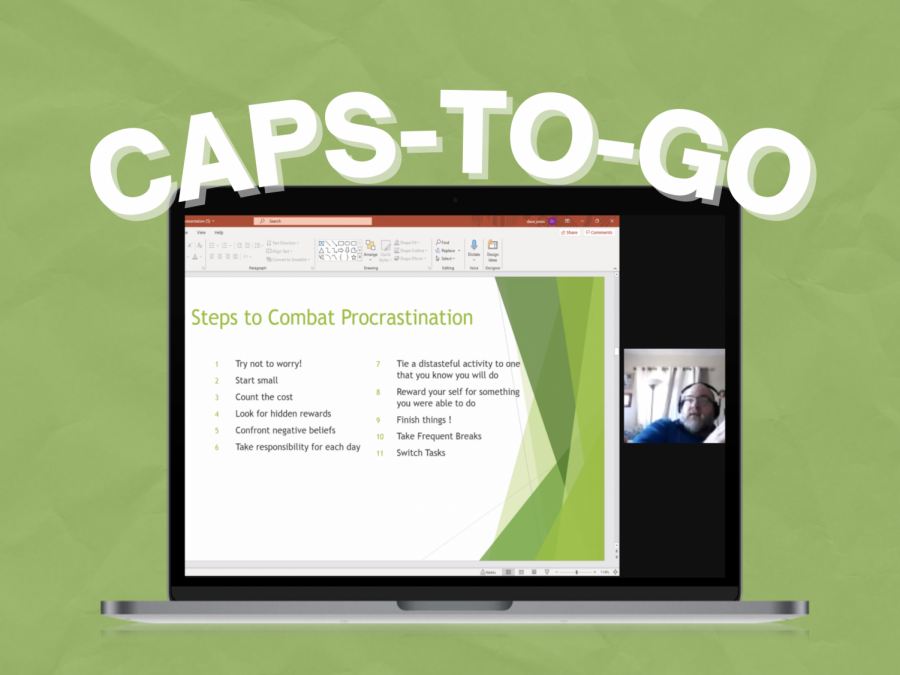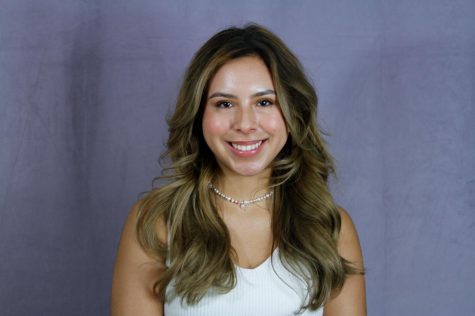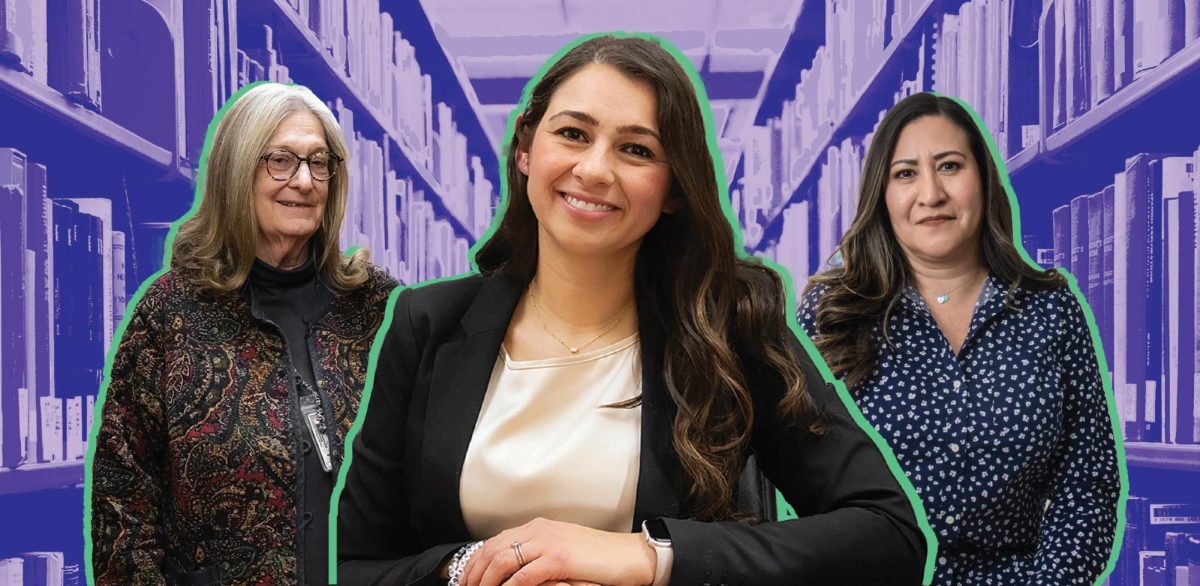With UTEP’s spring finals week set to take place May 10-14, David Jones, Ph.D., a psychologist at UTEP’s counseling center, said students can prepare for what’s ahead by combating exam nerves and creating good study habits.
As the COVID-19 pandemic disrupted study habits for some students, Jones recommends students struggling to find motivation to study, try and regulate a daily routine to prevent procrastination.
“If you know it’s going to be difficult to find motivation well then you need to make sure that you cultivate that determination, that you build yourself a schedule,” Jones said.
Finding a designated study space in one’s home can allow a person to focus on the task at hand, despite being at home with potential distractions, according to Jones.
“Deep breathing exercises is a way for students to combat studying anxiety and helps them to focus on the task at hand,” Jones said “.If students are having difficulty starting a project paper, completing the easy tasks first such as a reference page is a good way to create movement.”
Breaking down projects into “bite sizes” can ease the workload and help implement motivation in students that may lack by being assigned a variety of tasks.
“Cramming is not a good way to do it, waiting to the last minute is not a good way to do it, because the more anxiety we get the less we are able to access the information,” Jones said. “Taking responsibility for each day and using the time students have can generate less procrastination and ease regret for procrastinating.”
Getting enough sleep, eating healthy, drinking enough water and exercising is important to help reduce stress and maintain a good mood.
“Not getting enough sleep can disrupt the brain’s REM cycle which can promote forgetfulness during tests,” Jones said.
Jones recommends getting at least seven hours of sleep to allow the body to normally function and maintain information. Learning how to study properly can allow students to study more efficiently and effectively. According to Jones, Students should start studying two to three weeks prior to a test or final with at least eight hours to review each class’ content.
“Students should study what they don’t know first and spend more time with that subject,” Jonessaid.“Try not to study any one subject for more than two hours at a time or you’ll begin to get on overload and burnout.”
Going for a five to 10 minute break to stretch and walkaround is recommended after an hour of studying. Once the day of the exam comes, students should listen or read the instructions carefully and plan out which sections should receive priority.
Another tip includes sticking with the first answer a student gets even if they are guessing, because it isn’t coming from a state of doubtfulness which blocks students’ clarity, Jones said.
For students worried about how their work ethic or study habits have changed during this year of online learning and are returning to campus in the fall, they should spend time during the summer to reevaluate and enhance their studying techniques.
“Spend some time off if you have some time off this summer thinking about how you study, doing some research about study habits or study techniques,” Jones said. “That might be helpful for you to be active about taking control of this transition.”
Julia Lucero may be reached at [email protected]











